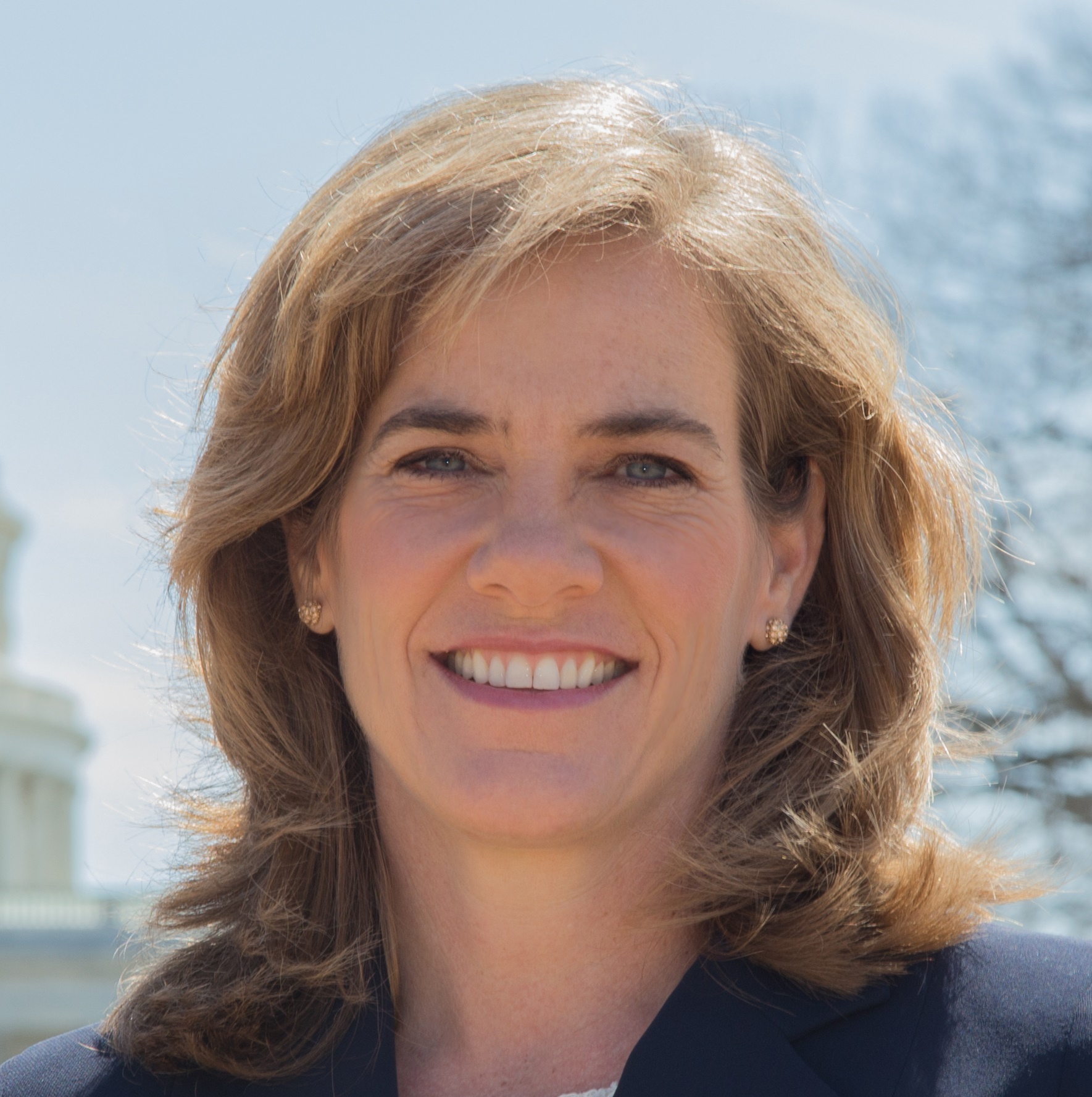By Bob Allen
In a closely watched case argued Feb. 25, a Baptist religious-liberty group urged the U.S. Supreme Court to allow a Muslim woman to wear a religious head-covering to work.
The Baptist Joint Committee for Religious Liberty, a Washington-based organization representing a distinctly Baptist defense of religious liberty and the separation of church and state, is among a number of religious and civil-liberties groups siding with a Muslim teenager denied a retail job at Abercrombie & Fitch because of her hijab, a headscarf she believes her faith requires her to wear.
 Holly Hollman, general counsel for the BJC, which filed a legal brief in the case Equal Employment Opportunity Commission v. Abercrombie & Fitch Stores, said religious belief should not disqualify anyone from employment.
Holly Hollman, general counsel for the BJC, which filed a legal brief in the case Equal Employment Opportunity Commission v. Abercrombie & Fitch Stores, said religious belief should not disqualify anyone from employment.
“In many employment contexts, an individual’s religious needs can be met more easily than an employer first assumes,” Hollman said. “This case is about making sure prospective employees are not categorically disqualified from work opportunities based upon religion.”
In 2008 Samantha Elauf, a 17-year-old Palestinian-American, interviewed for a job at an Abercrombie Kids Store in Tulsa, Okla., while wearing her hijab. She wasn’t hired because a store supervisor said the headscarf violated the company’s “look policy,” which forbids sales staff from wearing hats or black clothing.
The Equal Employment Opportunity Commission filed a lawsuit on her behalf alleging violations of Title VII of the Civil Rights Act of 1964, which requires employers to “accommodate to an employee’s or prospective employee’s religious observance or practice without undue hardship on the conduct of the employer’s business.”
Elauf won her case in a federal district court, but the 10th U.S. Circuit Court of Appeals reversed the decision. The BJC joined more than a dozen religious-liberty and civil-rights organizations in a U.S. Supreme Court brief filed Dec. 10 saying the appellate court’s decision “is likely to have profound and far-reaching impacts on a wide variety of religiously observant employees and applicants” and “will too often force them to choose, unnecessarily, between a job and their faith.”
After Wednesday’s oral arguments, Elauf thanked the EEOC for taking her case. “I am not only standing up for myself, but for all people who wish to adhere to their faith while at work,” she said. “Observance of my faith should not prevent me from getting a job.”
The appeals court said Elauf likely qualified for a religious accommodation to the no-hats rule, but the burden was on her to explain that she wore the head-covering for religious reasons rather than style.
The BJC brief said it should have been obvious to store managers that it was a religious head-covering and that the person conducting the interview was in a better position to know company policy than a 17-year-old job applicant.
Eric Baxter, senior counsel of the Becket Fund for Religious Liberty, which also filed an amicus brief on Elauf’s behalf, said employees “shouldn’t have to wear a sign that says ‘I’m religious’ before they are protected by our civil-rights laws that prohibit religious discrimination.”
A ruling in the case is expected in June.
Previous story:
